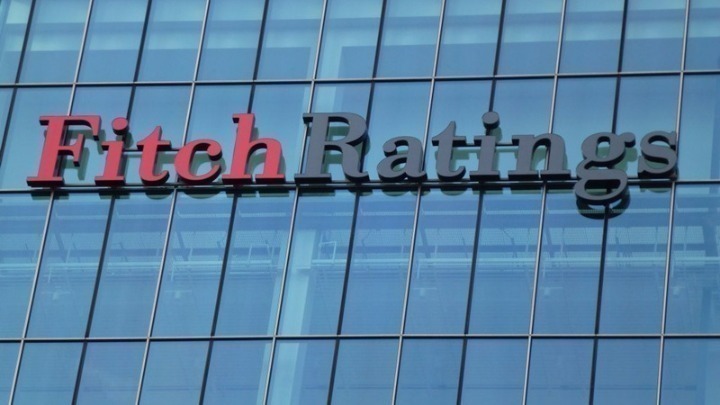Greece’s 2023 Stability Programme highlights the strong improvement in public finances and outlines a substantial further reduction in debt, Fitch Ratings said in a report, adding that even if some of the Programme’s projections proved to be optimistic, they reinforce our view that the debt ratio will continue to fall over the medium term.
In a report, Fitch said the Stability Programme submitted to the European Commission in April projects an increase in real GDP this year of 2.3%, down from 5.9% last year but stronger than the 0.8% Fitch forecasts for the eurozone in 2023. It estimates the 2023 headline and primary budget balances at -1.8% and 1.1% of GDP, respectively, from -2.3% and 0.1% in 2022. Continued economic expansion, supported by investment and higher exports, will help sustain primary surpluses, which will reach 2.5% of GDP in 2026, according to the Programme.
“Fitch’s upgrade of Greece’s sovereign rating to BB+/Stable in January reflected our expectation of better deficit and debt outturns and projections in 2022-2024, thanks to stronger nominal growth, budget underexecution and a favourable debt-servicing structure. The 2022 outturns reported in the Stability Programme were even better than Fitch’s estimates, with headline and primary balances beating expectations stated in our March Sovereign Data Comparator by more than one percentage point (pp),” the credit rating agency said in the report.
Notwithstanding this better-than-expected starting point, the new Stability Programme’s fiscal projections may prove optimistic, says Fitch. This is partly because its 2.3% real GDP growth projection is largely driven by an expected increase in investment, which contributes 1.8pp to 2023’s expected growth. Investment as a share of GDP is expected to rise to 15.3% in 2023, from last year’s 13.7%, assuming the effective implementation of Greece’s Recovery and Resilience Plan (RRP). Indeed, tighter financing conditions will negatively affect non-RRP investment. However, Greece’s extended political cycle could delay disbursements under the RRP, weighing on headline growth. Parliamentary elections are scheduled for 21 May, and opinion polls give the governing, centre-right New Democracy a steady lead over the left-wing Syriza, but point to no party winning an outright majority, making a second election likely.
The more constructive relationship between Greek governments and international creditors has been underpinned by a more stable domestic political backdrop, which has contributed to the upward momentum in the sovereign rating. Our baseline is that national politics will remain broadly stable beyond the 2023 parliamentary elections.
The election inevitably implies some degree of fiscal policy uncertainty. The Stability Programme’s fiscal forecasts are made on a no-policy-change basis and exclude fiscal measures announced by the government pre-election worth 0.1% of GDP in 2024 and 0.3% in 2025 and again in 2026.
More broadly, continued restraint in expenditure may prove more challenging after temporary pandemic-response measures are fully wound down, and if revenue growth slows significantly. As in other countries, the fiscal benefit from high inflation boosting revenues will not last. The Stability Programme appears to acknowledge this, seeing revenues falling from 50.2% of GDP in 2022, to 47.1% of 2023.
Nevertheless, the Stability Programme underscores the authorities’ broad commitment to fiscal prudence. Greece benefited from a strong snowball effect in 2022, given very high nominal growth and only a modest increase in average interest rate costs, with debt-to-GDP falling by over 23pp, to 171.3% of GDP (compared to the eurozone average of 91.6%), which is below the pre-pandemic level. Smaller-than-projected primary surpluses would not derail debt reduction. We expect the debt ratio to fall more slowly over the medium term, and think it is unlikely to go as low as 135.2% in 2026, as projected in the Stability Programme.
SOURCE; ANA-MPA







